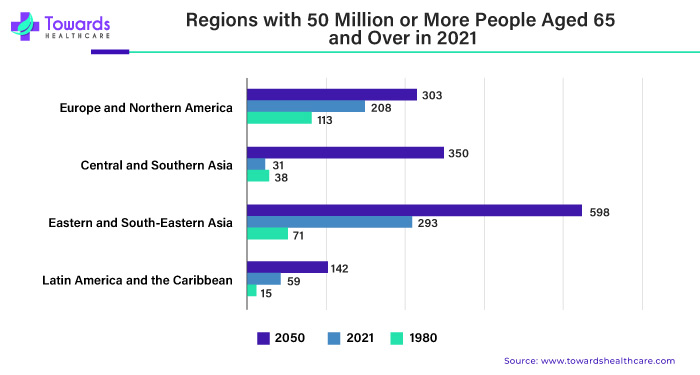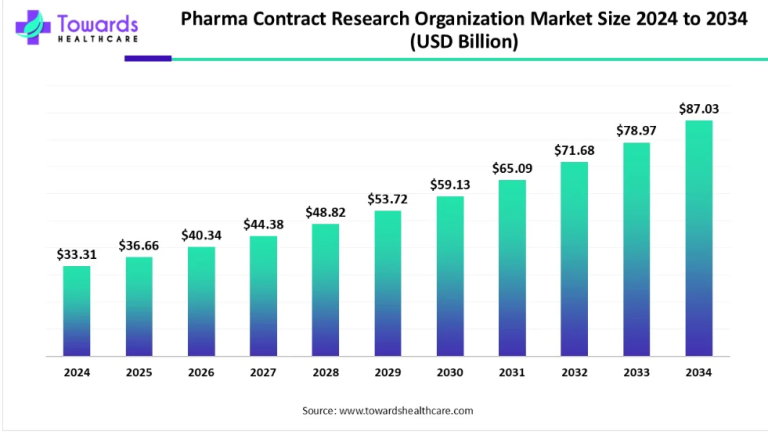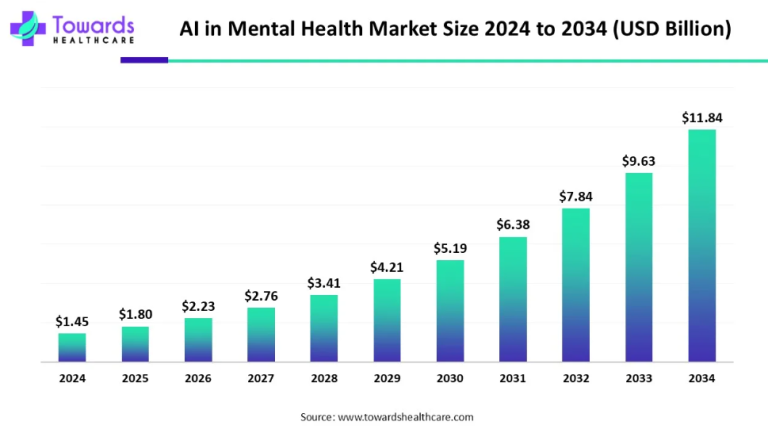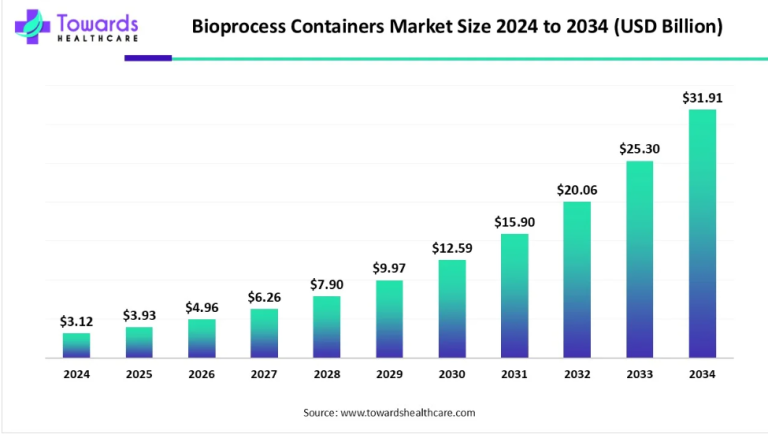
As individuals age, the risk of bone-related issues such as fractures and osteoporosis escalates. Particularly among the elderly, especially post-menopausal women, maintaining bone health becomes paramount. To address these concerns effectively, medical professionals rely on a specialized diagnostic tool known as a Bone Densitometer. This article delves into the significance of bone densitometers in monitoring and safeguarding the bone health of older individuals.
Understanding the Need
1. Rising Elderly Population
1.1 The Global Trend
In recent years, there has been a remarkable surge in the elderly population worldwide. The demographic of individuals aged 65 and above has expanded exponentially, with projections indicating continued growth. By 2030, the elderly population is estimated to surpass one billion, and by 2050, it could exceed 1.6 billion. Such demographic shifts underscore the pressing need for comprehensive healthcare strategies tailored to address age-related health concerns.
For any queries, feel free to contact us @ https://www.towardshealthcare.com/personalized-scope/5125
2. Prevalence of Bone-Related Problems
2.1 Osteoporosis and Fragility
Older adults are particularly susceptible to osteoporosis, a condition characterized by fragile and brittle bones. Post-menopausal women, in particular, face an increased risk due to hormonal changes affecting bone density. Consequently, fractures and bone injuries become more common, posing significant challenges to quality of life and independence.
Role of Bone Densitometers
1. Diagnostic Precision
Bone densitometers play a pivotal role in assessing bone density and strength accurately. By utilizing advanced imaging techniques, these devices provide valuable insights into bone health, enabling early detection of potential issues.
2. Treatment Guidance
2.1 Personalized Care Plans
Armed with precise diagnostic data from bone densitometry scans, healthcare professionals can devise tailored treatment plans. From medication regimens to lifestyle modifications, interventions can be customized to address individual needs effectively.
Market Trends and Technological Advancements
1. Growing Demand
2. Technological Advancements
2.1 Enhanced Accuracy and Accessibility
Advancements in technology have fueled the growth of the bone densitometer market. These devices have become more sophisticated, offering improved accuracy and reliability. Moreover, their increased accessibility allows for widespread adoption across healthcare facilities, ensuring broader access to bone health assessments.
Unlock Infinite Advantages: Subscribe to Annual Membership
To own our premium study instantly, Click here @ https://www.towardshealthcare.com/price/5125
To know more about Bone Densitometer:



